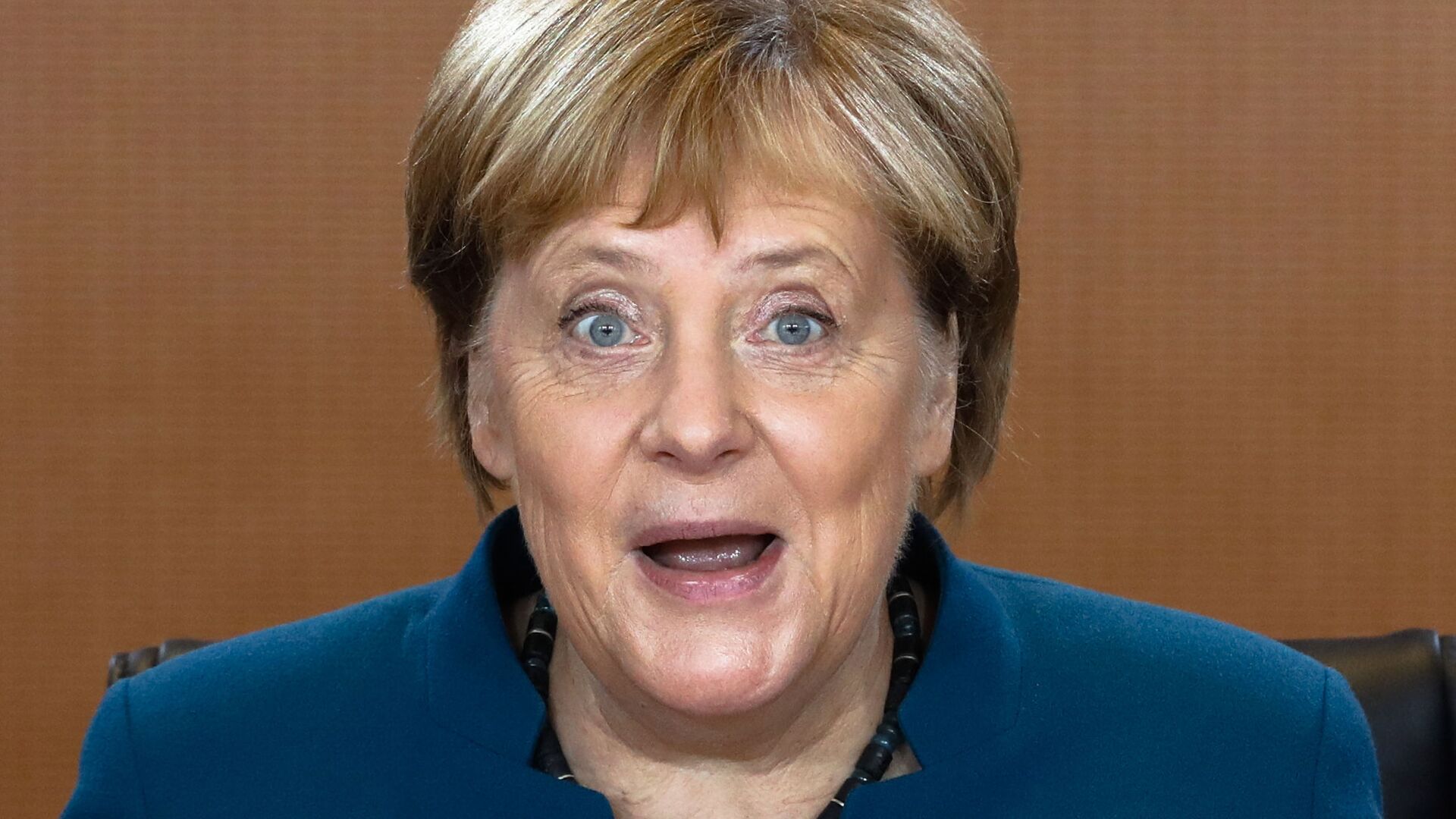https://sputnikglobe.com/20210924/german-expert-expects-post-merkel-governments-to-lack-stability-1089370882.html
German Expert Suggests Post-Merkel Governments Will Lack Stability
German Expert Suggests Post-Merkel Governments Will Lack Stability
Sputnik International
BERLIN (Sputnik) - Low public support for Germany's leading political parties coupled with significant changes in the country's political system in the last... 24.09.2021, Sputnik International
2021-09-24T13:01+0000
2021-09-24T13:01+0000
2022-10-31T19:51+0000
europe
opinion
germany
angela merkel
elections
https://cdn1.img.sputnikglobe.com/img/107725/35/1077253580_0:198:2223:1448_1920x0_80_0_0_b7e6ee0909d75617a2dfe5bc20b17446.jpg
The federal legislative elections will take place on Sunday, after which the winning party will pick the federal chancellor to head the government and replace outgoing Angela Merkel, who does not seek re-election.While public polls predict the victory of Social Democrats, neither of the candidate parties is expected to reach 30% of the votes, something Germany has never seen before. According to forecasts, the next Bundestag will be represented by six parties, including the current ruling CDU/CSU alliance, the Social Democratic Party (SPD), the right-wing Alternative for Germany, the Left, the Greens, and the Free Democratic Party.The political scientist believes that the CDU/CSU alliance and SPD lost their dominant status when the Alternative for Germany and the Left gained popularity amid new social challenges, such as the rise of radical Islamism and mass migration.Another reason why CDU/CSU lost its former dominance is Merkel herself, as during the 16 years at the helm she managed to conflate political theses of other parties into her agenda, blurring the boundaries of the political spectrum in Germany.The recent trend of "professionalisation of politics" in Germany, when political parties get led by people with legal backgrounds with uncompromising stances and lack of fantasy, will also likely contribute to governance instability in the future, the expert said.
germany
Sputnik International
feedback@sputniknews.com
+74956456601
MIA „Rossiya Segodnya“
2021
Sputnik International
feedback@sputniknews.com
+74956456601
MIA „Rossiya Segodnya“
News
en_EN
Sputnik International
feedback@sputniknews.com
+74956456601
MIA „Rossiya Segodnya“
Sputnik International
feedback@sputniknews.com
+74956456601
MIA „Rossiya Segodnya“
europe, opinion, germany, angela merkel, elections
europe, opinion, germany, angela merkel, elections
German Expert Suggests Post-Merkel Governments Will Lack Stability
13:01 GMT 24.09.2021 (Updated: 19:51 GMT 31.10.2022) BERLIN (Sputnik) - Low public support for Germany's leading political parties coupled with significant changes in the country's political system in the last decades could lead to political disruption and instability of future governments, German political scientist Alexander Rahr told Sputnik.
The federal legislative elections will take place on Sunday, after which the winning party will pick the federal chancellor to head the government and replace outgoing Angela Merkel, who does not seek re-election.
While public polls predict the victory of Social Democrats, neither of the candidate parties is
expected to reach 30% of the votes, something Germany has never seen before. According to forecasts, the next Bundestag will be represented by six parties, including the current ruling CDU/CSU alliance, the Social Democratic Party (SPD), the right-wing Alternative for Germany, the Left, the Greens, and the Free Democratic Party.
"Germany grows increasingly similar to the Weimar Republic [the German government from 1919-1933] when there were many parties. We are used to having only three parties in the German parliament in the post-war period, but now there will automatically be six. Two parties are not enough to create a government, and three are needed. This does not bear stability. I cannot imagine a coalition agreement between the Greens and the Free Democrats, but they will have to negotiate. I forecast that such governments of three parties will collapse very quickly, and this will be weakening the German political system", Rahr said.
The political scientist believes that the CDU/CSU alliance and SPD lost their dominant status when the Alternative for Germany and the Left gained popularity amid new social challenges, such as the
rise of radical Islamism and mass migration.Another reason why CDU/CSU lost its former dominance is Merkel herself, as during the 16 years at the helm she managed to conflate political theses of other parties into her agenda, blurring the boundaries of the political spectrum in Germany.
The recent trend of "professionalisation of politics" in Germany, when political parties get led by people with legal backgrounds with uncompromising stances and lack of fantasy, will also likely contribute to governance instability in the future, the expert said.



